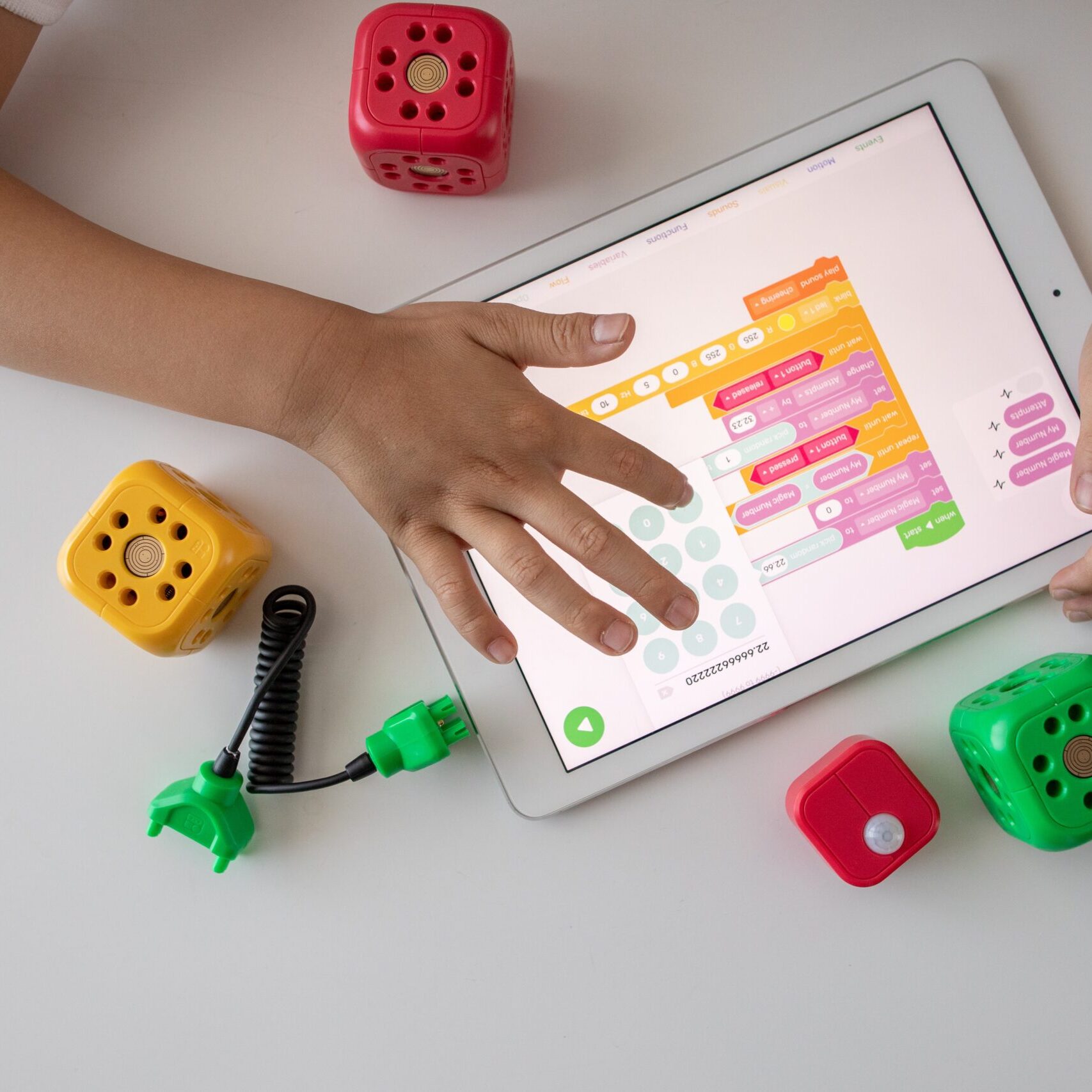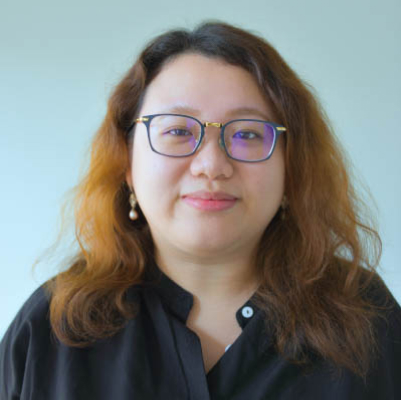Psychological Assessment Singapore
Located in Singapore, Psychology Blossom is dedicated to comprehensive psychological evaluations. We specialize in ADHD, Autism, Adoption evaluations, and advanced IQ, EQ, and Memory tests. With a blend of expertise and compassion, our team delivers tailored insights, ensuring each individual receives the personalized guidance they need for a clearer understanding and brighter future.





Jae-Mie Yiew
Clinical Psychologist (Adults)
Fees
Individual Therapy (50min):
SGD220
Individual Therapy (80min intake/extended):
SGD330
Enquire for clinical assessment fees
Mondays to Fridays 9am to 6pm
Qualifications
- MSc (Applied Clinical Psychology),
- BScPsych (Hons), MSPS, MBPsS
Clinical Hours
- Mondays to Fridays 9am to 6pm
Languages
- English
- Mandarin (Conversational)
Specialisations
- Adoption Psychological Evaluation
- ADHD
- Emotional Support Animal
- EQ and IQ Testing
- Personality and Psychopathology
- Anxiety (Social Anxiety, Generalised Anxiety Disorder, etc.)
- Depression
- Self-Esteem Issues
- Emotional Regulation
- Anger Management
- Stress and Burnout
- Obsessive Compulsive Disorder
- Interpersonal Problems
- Relationship or Marriage Problems
- Social Communication Issues
- Assertiveness Training
About Jae-Mie Yiew
Jae-Mie Yiew is a registered Clinical Psychologist with the Singapore Psychological Society. She graduated from Cardiff Metropolitan University with a Bachelor of Science (Honours) in Psychology, and completed her Master's degree in Applied Clinical Psychology from the University of Bath. She is passionate about making a positive difference in people's lives, and believes that everyone should have a safe space to work through their life's difficulties.
Jae-Mie specialises in conducting clinical assessments and diagnostics for the objectives of, but not limited to:
- Adoption Psychological Evaluation
- ADHD
- Emotional Support Animal
- EQ and IQ Testing
- Personality and Psychopathology
Currently, Jae-Mie works closely with the Central Adoption Resource Authority (CARA), a statutory body of the Ministry of Women & Child Development in India, to help facilitate the adoption process for prospective adoptive parents.
As a therapist, some presentations that she works with are:
- Anxiety (Social Anxiety, Generalised Anxiety Disorder, etc.)
- Depression
- Self-Esteem Issues
- Emotional Regulation
- Anger Management
- Stress and Burnout
- Obsessive Compulsive Disorder
- Interpersonal Problems
- Relationship or Marriage Problems
- Social Communication Issues
- Social Communication Issues
Jae-Mie understands that an individual's needs are unique, and adopts a non-judgemental and personalised approach to Individual Therapy. She works with both young and older adults, to address anxiety and depression using a range of therapeutic modalities. Drawing from her training and knowledge, she uses a range of therapeutic modalities such as Cognitive Behavioural Therapy (CBT), Acceptance and Commitment Therapy (ACT), Mindfulness, Dialectical Behavioural Therapy (DBT), Imagery, and is currently training in Schema Therapy basics.
She has also provided Couples Therapy and uses techniques from Gottman Method Couples Therapy during her sessions. In order to stay informed and improve her practice, she regularly keeps up with the latest research and updates on evidence-based treatments, and attends supervision on a weekly basis.
Jae-Mie is Singaporean, and is fluent in English and conversant in Mandarin. Having lived in Shanghai and the United Kingdom, she is familiar with the challenges that may come with living and studying abroad. Jae-Mie is LGBTQIA+ affirming.
Bhavani Deva
Clinical Psychologist
Fees
Individual Therapy (50min):
SGD248* | SGD278**
Individual Therapy (80min):
SGD372* | SGD402**
Student Rate (50min):
SGD208* | SGD238**
*Mondays to Fridays (9am - 6pm)
**Mondays to Fridays (6pm - 9pm) / Saturdays (9am - 9pm)
Qualifications
- MPsych(Clin), BPsych (Hons),
- MSPS, MSRP
Clinical Hours
- Tuesdays and Fridays 9am - 9pm
- Saturdays 9am - 9pm
Languages
- English
- Tamil
About Bhavani Deva
Bhavani Deva is a licensed and registered Clinical Psychologist with the Singapore Psychological Society. She places great emphasis in establishing a strong therapeutic alliance so as to provide clients with a safe and non-judgmental space to work through their emotional difficulties. She believes in collaboratively empowering clients to move towards living meaningful lives.
Bhavani first gained experience in working with individuals with mental health issues at the Institute of Mental Health (Singapore), in an acute psychiatry setting. She gained further exposure working in the hospital, community, school settings and private counselling centre in Singapore. community and school settings. She has experience providing psychotherapy for clients in a wide age range from children and adolescents to adult and elderly individuals. The issues presented by her clients include: Anxiety, Depression, Stress, Self-Esteem Issues, Anger Issues, Sleep Issues, Trauma, Bipolar Disorder, Somatic Symptom Disorders, Eating Disorders, Phobias, Personality Disorders, Interpersonal Difficulties, Relationship Difficulties (Friendships, Romantic, Familial), Caregiver Stress, Self-Harm Tendencies, Assertive Training, Socio-Emotional and Behavioural Difficulties (children and adolescents).
She has also conducted educational assessments, worked closely with parents to promote positive parenting behaviours, and reduce caregiver stress. She additionally conducts cognitive and psychological assessments for both children and adults who require recommendations pertaining to their educational or psycho-social functioning.
Her therapy style is warm, empathetic, and eclectic, to encourage deeper self-understanding for her clients. Being trained in a variety of psychotherapies, Bhavani employs an exploratory approach that is based on an individual’s unique presentation and history:
Bhavani provides therapy in both English and Tamil, either face-to-face or via Psychology Blossom's secure Telehealth platform for online sessions. Apart from being a Clinical Psychologist, Bhavani is also an artist, entrepreneur, and a fitness enthusiast.
Articles Contributed
Tatler’s POV: Why Blameless Divorces Should Have Been a No-Brainer to Begin With
The 'Singa-parent Culture': How We Might Be Perpertuating the Cycle of Poor Mental Health
The Truth About Acne Anxiety: What Causes It and How Do You Deal With It?




